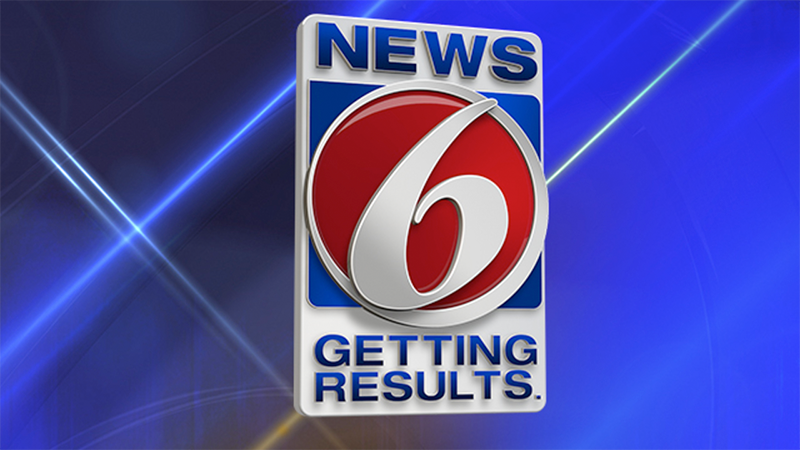TALLAHASSEE, Fla. – The Florida Supreme Court on Wednesday unanimously rejected an eleventh-hour attempt to kill a proposed constitutional amendment that would revamp the state’s primary-election system.
Justices issued a one-paragraph ruling that tossed out a challenge filed Oct. 13 to what appears as Amendment 3 on next Tuesday’s ballot. The proposal, if approved, would allow voters in the future to cast ballots in primary elections regardless of party affiliation. The two candidates getting the most votes in each primary would advance to the general election.
Recommended Videos
[2020 VOTER GUIDE: What to know about Florida’s Amendment 3: Open primaries for state offices | Everything you need to know ahead of the presidential election | 6 Florida constitutional amendments to be on ballot in November]
The legal challenge was filed on behalf of Glenton Gilzean Jr., CEO of the Central Florida Urban League, who, along with other opponents, contends the proposed changes in the primary system could make it harder to elect Black candidates. The petition asked the Supreme Court to direct Secretary of State Laurel Lee to “ensure the ballots for proposed Amendment 3 are not canvassed and/or reported to her office” or, as an alternative, to direct the state Elections Canvassing Commission not to certify the results of voting on the amendment.
But the Supreme Court flatly rejected the arguments. Quoting legal precedent, it said to be entitled to relief “the petitioner must have a clear legal right to the requested relief, the respondent must have an indisputable legal duty to perform the requested action, and the petitioner must have no other adequate remedy available.”
“Because petitioner (Gilzean) has failed to demonstrate any of those things, we deny the petition,” the ruling said. “No motion for rehearing, clarification or reinstatement will be entertained by this court.”
Glenn Burhans, chairman of All Voters Vote, a political committee seeking to pass the constitutional amendment, issued a statement blasting the legal challenge and linking it to the state Republican and Democratic parties, which have fought the proposed changes in the primary system.
“From the beginning this has been an abuse of the judicial process and mere political theater by the two major political parties,” Burhans said in the statement. “The secretary of state, governor and Cabinet argued that the lawsuit was unjustified and based upon reports ‘that bear no indicia of reliability’--- in other words, a sham. We are glad to see that the Florida Supreme Court unanimously agreed and rejected the claim out of hand, while also taking the extraordinary step to preemptively rule that no rehearing, clarification or reinstatement will be entertained by the court. It is time for the voters to decide whether to let all voters vote.”
Attorneys for Lee and the canvassing commission, which is made up of DeSantis and Cabinet members, asked the Supreme Court last week to reject the petition. The attorneys wrote that the challenge was “tardy, procedurally deficient, and, if granted, would cause nothing but electoral confusion in perhaps the most important state this election cycle.”
“Mr. Gilzean’s petition is speckled with enough flaws to warrant its denial without reaching the substance,” the document said. “Mr. Gilzean was dilatory in bringing this petition, he has no clear legal right to force state elections officials to ignore mandatory duties, he has other remedies available, his requested relief would only add to the substantial headwinds this election season, and his petition is based on untested facts submitted directly to a non-fact finding court.”
Gilzean’s petition was filed on the same day that incoming House Speaker Chris Sprowls, R-Palm Harbor, and state Sen. Janet Cruz, D-Tampa, held a press call to highlight arguments that revamping the primary-election process could make it harder to elect minority candidates. The petition pointed, in part, to two studies released this summer about the proposed amendment.
“The proposed amendment would enshrine structural discrimination in our state’s supreme legal document, directly contradicting other sections of the Constitution,” the petition said. “Therefore, the proposed amendment does not meet the threshold to be on the ballot.”
Wednesday’s ruling was the second time the Supreme Court has rejected attempts to block the proposed amendment. Justices, who review the wording of ballot measures to make sure they meet legal standards such as not being misleading, voted 4-1 in March to allow the amendment to go on the November ballot. In doing so, the court rejected arguments of the state political parties.
